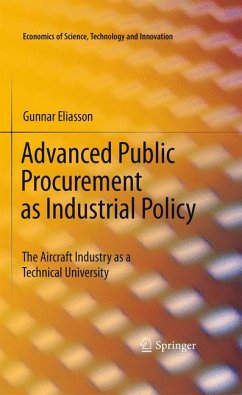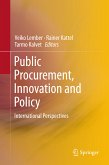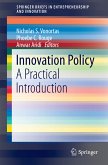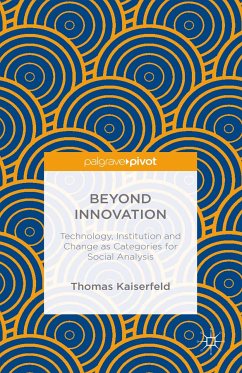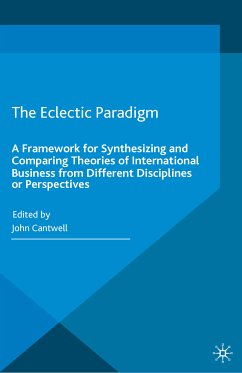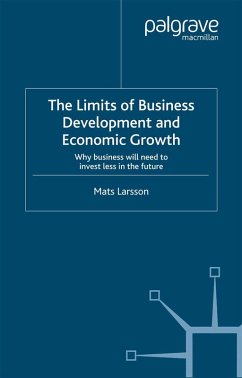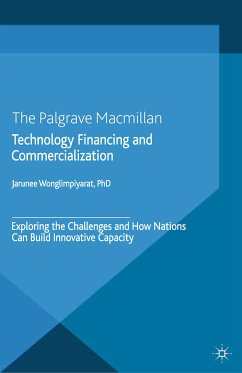The primary theme of this book is to investigate the macroeconomic significance of the "cloud" of technological spillovers that surrounds advanced industrial production: In what ways do technological innovations spread and contribute to economic growth? What policies can be developed to maximize the economic potential of innovations? These themes are particularly timely in the context of global economic crisis, government-sponsored stimulus packages, and the ongoing evolution from manufacturing-based to knowledge-based economies. To explore these issues in depth, Gunnar Eliasson focuses on a detailed case study of the development of Saab's military aircraft, the JAS 39 Gripen system-a project that involves advanced technological innovations, a complex network of suppliers, public-private sector collaboration, and both military and commercial applications. The experience in the aircraft industry is also compared with spillover effects in telephony, computers, and medical technologies. The study emphasizes the role of customer competence in raising the quality of innovation supply, and of entrepreneurship and industrially competent venture capital for commercializing spillovers. Eliasson integrates micro-econometrics and case study analysis with macroeconomics, innovation study methods, and business administration theory to measure the effects of technology spillovers and generate a solid empirical foundation for policy analysis. In particular, he considers:
- the role of competent public (government) procurement as a new demand policy to support innovation supply
- the emergence of the advanced firms as "technical university," where continual learning takes place and entrepreneurship among customers and other stakeholders is encouraged
- issues of intellectual property rights and the social value of technological innovations
- the implications for strategic business practice and publicpolicy
The result is a book that will appeal to a broad spectrum of academics, industry leaders, and policymakers interested in the dynamics of innovation supply, commercialization of technologies and economic growth.
Dieser Download kann aus rechtlichen Gründen nur mit Rechnungsadresse in A, B, BG, CY, CZ, D, DK, EW, E, FIN, F, GR, HR, H, IRL, I, LT, L, LR, M, NL, PL, P, R, S, SLO, SK ausgeliefert werden.

